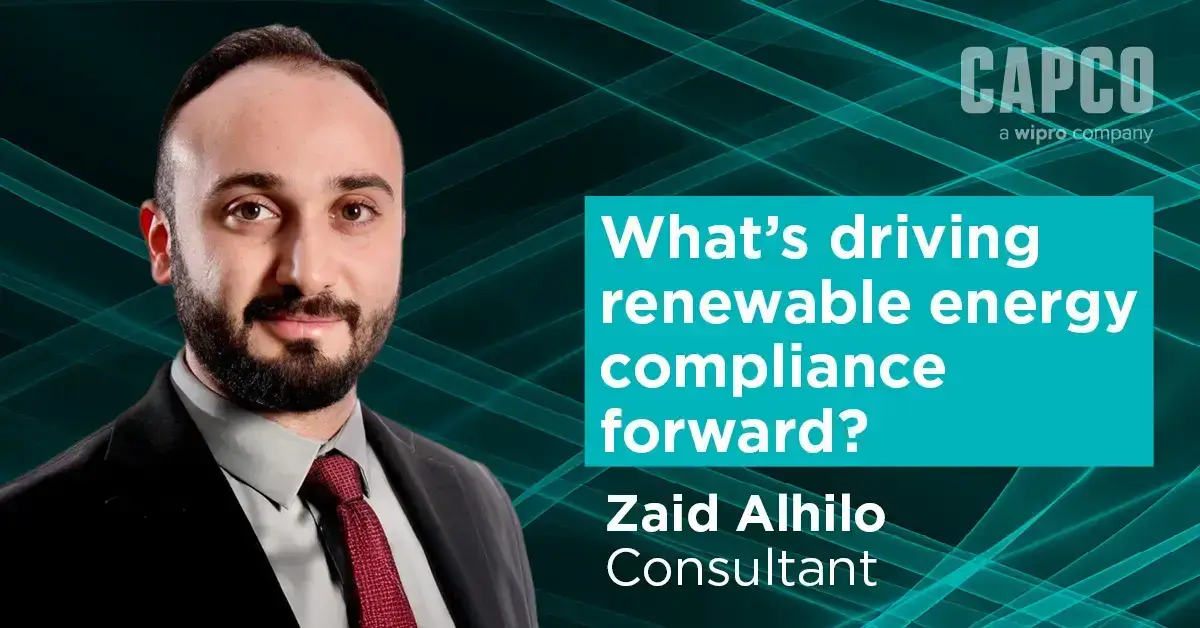The energy sector is rapidly changing. Several realities are shaping the future of energy, including emerging policies on energy imports and exports, increasing decarbonization efforts, and threats of greenflation—the rise in energy prices and raw materials because of the transition to greener processes. These could positively and negatively impact energy companies and institutions, so leaders must be ready to face and adapt to the challenges they pose. Being unable to handle evolution allows them to adjust accordingly and continue operating amidst changes.
To find out how to become a fitting leader for the future of the energy sector, here are some things you can try:
Improve your leadership skills
There is always room for improvement, especially when changes happen in the energy sector. For instance, when more consumers start demanding green energy sources, you must be ready to adapt and innovate to meet their needs. This means improving basic leadership skills, like adaptability.
If you consider yourself a resilient leader, you can further develop this trait by doing some exercises. One is by creating mock plans in response to potential situations you may face, like transitioning to green energy or complying with renewable energy policies. Another is learning to reframe situations to help you form solutions from a different perspective or angle. You can further develop existing leadership skills by reading books that can assist you in managing the workplace, such as The Leadership Challenge by James Kouzes and Barry Posner, or taking inspiration from more experienced and successful leaders—like Siemens Energy president Christian Bruch—who is helping pave the way for sustainable energy.
Get guidance from leadership experts
Besides self-improvement, you can turn to leadership experts for advice. That way, you can improve your leadership skills and management style in areas you may not have known you needed to improve in. In this regard, consider taking a leadership development program. This involves culture and leadership consulting, where experts help you analyze your management style and design a leadership framework more suited to your energy company. For example, you could learn how to distribute tasks more efficiently for your company to successfully handle greenflation.
Additionally, such programs can use data to diagnose and assess the current performance of your workforce. That way, you’ll be guided to form smarter business decisions. This is crucial as the energy sector evolves, as you need to make wise choices to ensure success and avoid failure.
Don’t be afraid of taking risks
Speaking of making smart business decisions, you’ll also need to stay competitive as the energy sector evolves. Companies in the industry will compete to attract and retain consumers throughout these changes, so you must step up to keep up. This means taking more risks to show your willingness to innovate. One example would be investing in Solar 3.0, a thin film technology for solar panels. It’s relatively new, so you may have doubts, but it has been deemed to be a more efficient material for solar cells and energy distribution.
Still, that doesn’t mean you should blindly take risks. You still need to be calculative to avoid major failures. It’s thus vital that you learn proper risk management skills. These include determining the pros and cons of an out-of-the-box strategy, creating contingency plans for if such a strategy goes awry, and learning to analyze data to help you decide the risk’s severity. You can take classes or courses on risk management to receive effective and professionally curated lessons.
Learn to collaborate with your team
Leading a team could turn you into a commander instead of a collaborator. Someone who only commands others to do work won’t know how hard a particular task is, which could become a factor in business failure. As the energy sector changes, learn to collaborate with your team to achieve a common goal. By doing so, you get hands-on experience in doing assigned tasks, so you know the level of difficulty their work requires. Even if you’re leading
The energy sector is rapidly changing. Several realities are shaping the future of energy, including emerging policies on energy imports and exports, increasing decarbonization efforts, and threats of greenflation—the rise in energy prices and raw materials because of the transition to greener processes. These could positively and negatively impact energy companies and institutions, so leaders must be ready to face and adapt to the challenges they pose. Being unable to handle evolution allows them to adjust accordingly and continue operating amidst changes.
To find out how to become a fitting leader for the future of the energy sector, here are some things you can try:
Improve your leadership skills
There is always room for improvement, especially when changes happen in the energy sector. For instance, when more consumers start demanding green energy sources, you must be ready to adapt and innovate to meet their needs. This means improving basic leadership skills, like adaptability.
If you consider yourself a resilient leader, you can further develop this trait by doing some exercises. One is by creating mock plans in response to potential situations you may face, like transitioning to green energy or complying with renewable energy policies. Another is learning to reframe situations to help you form solutions from a different perspective or angle. You can further develop existing leadership skills by reading books that can assist you in managing the workplace, such as The Leadership Challenge by James Kouzes and Barry Posner, or taking inspiration from more experienced and successful leaders—like Siemens Energy president Christian Bruch—who is helping pave the way for sustainable energy.
Get guidance from leadership experts
Besides self-improvement, you can turn to leadership experts for advice. That way, you can improve your leadership skills and management style in areas you may not have known you needed to improve in. In this regard, consider taking a leadership development program. This involves culture and leadership consulting, where experts help you analyze your management style and design a leadership framework more suited to your energy company. For example, you could learn how to distribute tasks more efficiently for your company to successfully handle greenflation.
Additionally, such programs can use data to diagnose and assess the current performance of your workforce. That way, you’ll be guided to form smarter business decisions. This is crucial as the energy sector evolves, as you need to make wise choices to ensure success and avoid failure.
Don’t be afraid of taking risks
Speaking of making smart business decisions, you’ll also need to stay competitive as the energy sector evolves. Companies in the industry will compete to attract and retain consumers throughout these changes, so you must step up to keep up. This means taking more risks to show your willingness to innovate. One example would be investing in Solar 3.0, a thin film technology for solar panels. It’s relatively new, so you may have doubts, but it has been deemed to be a more efficient material for solar cells and energy distribution.
Still, that doesn’t mean you should blindly take risks. You still need to be calculative to avoid major failures. It’s thus vital that you learn proper risk management skills. These include determining the pros and cons of an out-of-the-box strategy, creating contingency plans for if such a strategy goes awry, and learning to analyze data to help you decide the risk’s severity. You can take classes or courses on risk management to receive effective and professionally curated lessons.
Learn to collaborate with your team
Leading a team could turn you into a commander instead of a collaborator. Someone who only commands others to do work won’t know how hard a particular task is, which could become a factor in business failure. As the energy sector changes, learn to collaborate with your team to achieve a common goal. By doing so, you get hands-on experience in doing assigned tasks, so you know the level of difficulty their work requires. Even if you’re leading a team of experts in the energy field, collaborating helps them better understand the purpose of the tasks they’re doing and make more suggestions and improvements, which may aid in reaching company goals.
By collaborating with your team instead of commanding them, you also maximize team capability. You’re offering your expertise to assist your teammates so you’ll reach goals quicker and improve your chances of success.
Being an energy leader can be challenging, especially as the industry is evolving. Still, it’s necessary for leaders to improve themselves to keep up with these changes.
Written by Jamie Lingerfelt a team of experts in the energy field, collaborating helps them better understand the purpose of the tasks they’re doing and make more suggestions and improvements, which may aid in reaching company goals.

![[IMAGE: https://images.pexels.com/photos/221012/pexels-photo-221012.jpeg] Credit: Pexels](https://energymarketingconferences.com/wp-content/uploads/2023/11/Blog-jpg.webp)










